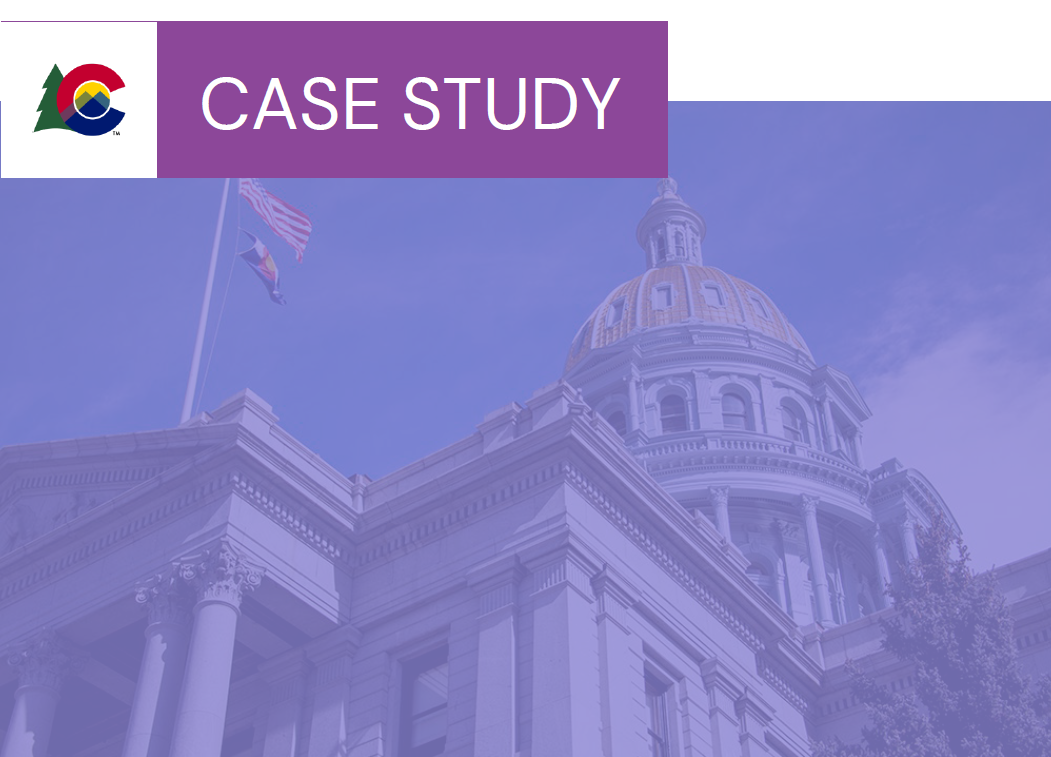The U.S. Supreme Court issued a number of decisions of interest to state and territorial governments during its 2023-2024 term. The Court issued 59 opinions in total, with many cases originating from the Ninth Circuit Court of Appeals and the Fifth Circuit Court of Appeals. Five cases originated from state and district courts.
Cases from the historic term included several major administrative law decisions, including the overturning of the Chevron deference doctrine and expanding the time period in which plaintiffs can challenge federal regulations in court. Other high-profile issues included decisions related to presidential immunity, firearm restrictions in domestic violence cases, the first amendment and social media regulation, environmental regulations and water rights, and an array of other topics. In addition, the Court issued several decisions impacting state and territorial governments, including the authority to make regulations related to public encampments, public officials’ usage of social media, elections and redistricting, and other state-involved issues. A full list of decisions can be found here.
Key decisions impacting state and territorial governments and other major topics from the term include the following:
- Scope of Executive Authority and Administrative Law. During the 2023-2024 term, the Court issued several cases that will reshape modern administrative law and the scope of executive authority. Key decisions included:
- Overturning the Chevron Deference Doctrine. In Loper Bright Enterprises v. Raimondo, the Court overturned Chevron v. Natural Resources Defense Council. The Chevron deference doctrine previously required a court to defer to an executive agency’s interpretation of an ambiguous statute that it administers, so long as the agency’s interpretation was reasonable. The Court held that the Administrative Procedure Act (APA) requires courts to exercise their independent judgment in deciding whether an agency has acted within its statutory authority, and courts may not defer to an agency interpretation of the law simply because a statute is ambiguous. Now, when statutory disputes arise, courts will decide if agency actions and rulemakings represent the best interpretation of the law, limiting federal agency authority and giving more discretion to the judicial branch.
- Expanding the Time Period for Challenging Federal Regulations. In Corner Post v. Board of Governors of the Federal Reserve System, the Court held that an APA claim does not accrue for purposes of 28 U.S.C. § 2401(a)—the default 6-year statute of limitations applicable to suits against the United States—until the plaintiff is injured by final agency action. This expands the time period in which plaintiffs can challenge federal agency actions.
- Limiting the Use of Administrative Courts. In Securities and Exchange Commission v. Jarkesy, the Court held that when the SEC seeks civil penalties against a defendant for securities fraud, the Seventh Amendment entitles the defendant to a jury trial. This decision will impact the use of in-house administrative courts.
- Agency Funding Schemes. In Consumer Financial Protection Bureau v. Community Financial Services Association of America, the Court held that Congress’ statutory authorization allowing the CFPB to draw money from the earnings of the Federal Reserve System to carry out the bureau’s duties satisfies the appropriations clause.
- Exceeding Statutory Authority. In Garland v. Cargill, the Court held that the Bureau of Alcohol, Tobacco, Firearms and Explosives exceeded its statutory authority by issuing a rule that classifies a bump stock as a “machinegun” under 26 U.S.C. § 5845(b).
- First Amendment. The Court heard several cases involving the First Amendment of particular interest to public officials and state agencies, including:
- Public Officials’ Use of Social Media. In O’Connor-Ratcliff v. Garnier and Lindke v. Freed, the Court held that a public official who prevents someone from commenting on the official’s social-media page engages in state action under 42 U.S.C. § 1983 only if the official both (1) possessed actual authority to speak on the state’s behalf on a particular matter, and (2) purported to exercise that authority when speaking in the relevant social-media posts.
- First Amendment and State Agencies. In National Rifle Association of America v. Vullo, the Court held that the NRA plausibly alleged that former superintendent of the New York Department of Financial Services violated the First Amendment by coercing regulated entities to terminate their business relationships with the NRA in order to punish or suppress the NRA’s gun-promotion advocacy.
- Social Media Platforms. Two cases, Moody v. NetChoice, LLC and NetChoice v. Paxton, were returned to lower courts. These cases challenge laws in Florida and Texas that curb the power of social media companies to moderate content.
- Censoring Speech on Social Media. In Murthy v. Missouri, two states and five individual social media users sued executive branch officials and agencies, alleging that the government pressured the platforms to censor their speech in violation of the First Amendment. The Court held that respondents lack Article III standing to seek an injunction.
- Firearm Restrictions in Domestic Violence Cases. In United States v. Rahimi, the Court held that when an individual has been found by a court to pose a credible threat to the physical safety of another, that individual may be temporarily disarmed consistent with the Second Amendment.
- Abortion Access. In Food and Drug Administration v. Alliance for Hippocratic Medicine, the Court held that plaintiffs lacked Article III standing to challenge the Food and Drug Administration’s regulatory actions regarding mifepristone, preserving access to the abortion drug. The Court dismissed Moyle v. United States, a case involving emergency abortions in Idaho, as improvidently granted.
- Regulation of Public Encampments. In City of Grants Pass, Oregon v. Johnson, the Court held that the enforcement of generally applicable laws regulating camping on public property does not constitute “cruel and unusual punishment” as prohibited by the Eighth Amendment.
- Elections and Redistricting. In Trump v. Anderson, the Court held that because the Constitution makes Congress, rather than the states, responsible for enforcing Section 3 of the Fourteenth Amendment against federal officeholders and candidates, the Colorado Supreme Court erred in ordering former President Donald Trump excluded from the 2024 presidential primary ballot. In Alexander v. South Carolina State Conference of the NAACP, the Court held that because the district court’s finding that race predominated in the design of South Carolina’s first congressional district was erroneous, the district court’s racial-gerrymandering and vote-dilution holdings cannot stand.
- Presidential Immunity. In Trump v. United States, the Court held that the nature of presidential power entitles a former president to absolute immunity from criminal prosecution for actions within his or her conclusive and preclusive constitutional authority. A former president is also entitled to at least presumptive immunity from prosecution for all official acts. However, there is no immunity for unofficial acts.
- Environment and Water. In Ohio v. Environmental Protection Agency, The Court held that the enforcement of the EPA’s federal implementation plan against the applicant states—whose own state implementation plans were determined by the EPA to be inadequate because they failed to adequately address certain obligations under the Good Neighbor Provision—shall be stayed pending disposition of the applicants’ petition for review in the U.S. Court of Appeals for the D.C. Circuit and any petition for writ of certiorari, timely sought. In Texas v. New Mexico and Colorado, a case involving a water dispute between states, the Court held that because the proposed consent decree would dispose of the United States’ Compact claims without its consent, the states’ motion to enter the consent decree was denied.
- Opioids Settlement. In Harrington v. Purdue Pharma, the Court held that the bankruptcy code does not authorize a release and injunction that, as part of a plan of reorganization under Chapter 11, effectively seek to discharge claims against a non-debtor without the consent of affected claimants. The decision blocks Purdue’s opioid bankruptcy plan, and the case was remanded to the lower court for further proceedings.
NGA holds monthly briefings for Governors’ legal counsel. Please reach out to Lauren Dedon (Ldedon@nga.org) for additional information.













